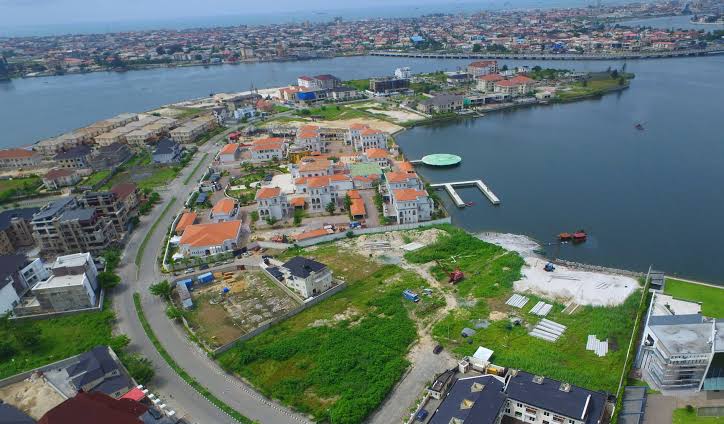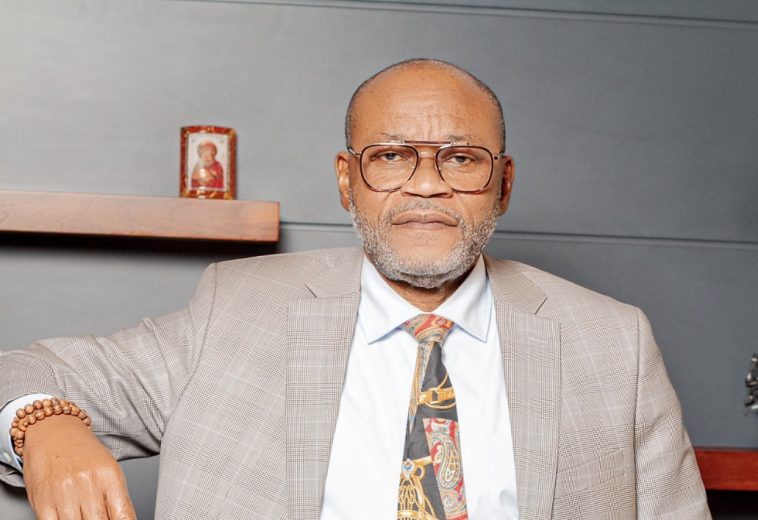All over the world, there is a target of achieving equal political participation for both men and women, as agreed on in the 1995 Beijing Declaration, which seeks women’s empowerment on all fronts.
In contemporary society, this has become even more important given the critical role the activeness of women in politics can play in achieving sustainable development Goals by 2030.
Narrowing it down to Africa, there is also the Africa 2063 Agenda, which needs the participation of all, including women, in politics and public life for actualization. However, records show that, like most other women elsewhere, African women are underrepresented politically, thereby creating a vacuum that needs to be filled.
What is the current level of women’s participation in politics on the continent? What does this spell for the continent? Are there efforts to change the narrative? Answers to these pertinent questions would be the focus of this article, which seems to explore the state of women’s participation in politics in Africa and efforts to improve it.
According to the Inter-Parliamentary Union, IPU, in its 2023 edition of the IPU-UN Women Map of Women in Politics, which represents the regional distribution of women in executive positions and national parliaments as of January 1, 2023, more women now hold political posts compared to before, but the number is still far off in terms of gender parity.
In the report, Rwanda currently ranks as number one globally and in Africa in terms of women’s participation, with over 60 percent of seats in its national parliament being held by women as of May 2022. Second on the African ranking is South Africa with 46.5%, followed by Namibia with 44.23%, Senegal with 42.68%, and Mozambique with 42.4%, while several other African countries are struggling to get a minimal percentage of their women in politics.
One of the factors that made it possible for these African countries to go this far in women’s participation in their countries was the adoption of electoral quotas for women, which give women a statutory number of seats and positions in parliament.
It showed that while more women are getting involved in politics at all levels, the number is still small relative to what it should be, and in the words of the UN Women Executive Director, Sima Bahous, in her reaction to the 2023 report, “the world cannot afford to continue this injustice. We need a paradigm shift that brings true equality.”
The role of development partners in improving women’s participation in politics
Despite the little successes recorded, a lot more measures are needed for Africa to ensure her women become active participants in politics and occupy important positions, considering that their participation is needed to break the gender stereotype and bring about a more peaceful and stable society.
To achieve this in Africa, many development agencies have risen in support of the agenda and are using their resources to propagate the desired change.
For instance, through the funding of a pan-African gender project on women and politics in Africa, Women in Political Participation (WPP), the International IDEA and Sida have engaged and supported women to advance their political careers.
Their activities, which cut across countries like Tanzania, Congo, and Swaziland, among others, include working with political parties, parliaments, and other strategic political institutions to create strong alliances, templates, and communities that can further advance the cause of women.
Another development agency, Trocaire, which is the official overseas development agency of the Irish Catholic Church, is very visible in Sierra Leone. The agency worked tirelessly alongside civil society organisations to support the government’s draught of the Gender Equality Women’s Empowerment (GEWE) Bill in Sierre Leone and also ensure it was passed and signed into law.
The GEWE, which was recently signed into law, represents the single largest increase in women’s participation in the country’s history, giving it a 30% quota for women in both appointed and elective positions as against the previously held 13%.
In addition to drafting and supporting the Bill, Trócaire also engages in advocacy and awareness campaigns and has developed manuals to guide female candidates through election processes in Sierra Leone. Prominent in its plans is the intention to support female candidates in forthcoming elections to actualize the goals of the new act.
In Ghana, the United Nations Democracy Fund (UNDEF) is playing a crucial role in enhancing women’s participation in politics to strengthen democracy.
The Fund uses the Gender Centre for Empowering Development (GCED) project to train and build women’s capacity as agents of change needed in governance. The centre also helps address the cultural and economic challenges faced by women that hinder their effective participation in politics through awareness programmes, training, and other means.
We also have the United Nations Development Programme (UNDP), which uses the platform of assisting Somalia in its peacebuilding and State-building goals to advocate for women’s inclusion in the political terrain.
The UNDP, through its support of the Emerging Federal States (StEFS) initiative, has given women leading voices during reconciliation activities to empower them politically. The initiative also provides technical assistance as well as other necessary support and mentoring needed to see to the enhancement of women’s engagements at their community and other higher levels.
Initiatives such as those mentioned above are not limited to the listed countries alone, as they cut across nearly all African countries, and such support also comes from governments of the UK, America, Canada, and the like, who desire that the African continent improve on the number of women participating in politics.
This affirmation is mostly seen in their pledges to African countries, which they see through with commitments of funds and other technical assistance as well as capacity training programmes.
What more can be done?
When compared with a developed country like America, where women hold only about 19% of the seats in the US Congress and 20% in the Senate, some African countries can be said to be doing relatively well, but American women are seen to be holding other top and strategic positions in government. As such, Africa must keep strategizing to ensure more women play active roles in politics and governance.
And this can be achieved if and when, rather than just focusing on quotas, as is being done in most African countries presently, the underlying social and religious barriers women face in getting nominated and elected are considerably addressed.
Also, there is a need to strengthen women’s leadership skills through mentorship programmes for women already in politics as well as incoming ones to give them a base to reckon with and work with for growth. This also demands the educational empowerment of girls from tender ages to prepare them for future leadership roles.
This empowerment could as well include training in and the use of Information and Communication Technology (ICT) to provide them with equal access to information and bridge the gap in education as new technologies continue to evolve.
In addition to efforts by development agencies and other foreign countries, governments in Africa, regional bodies, and the African Union have critical roles to play in ensuring women are empowered for political participation through the passage of laws that support effective monitoring of progress for adequate implementation, such that erring countries are made to face sanctions.
Apart from the fact that women’s participation in politics is a fundamental human right, it comes with so many other benefits as it helps society thrive.
Bearing this in mind and the goal of Africa to be a global voice to reckon with, leaders on the continent cannot afford to just fold their hands and look; rather, it is time to spring into action and do the needful in ensuring that African women in their numbers are seen to be actively participating in politics as well as dominating in governance across the continent.


